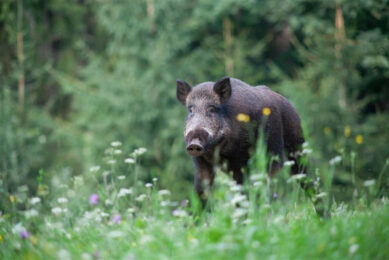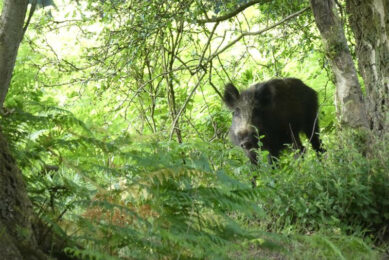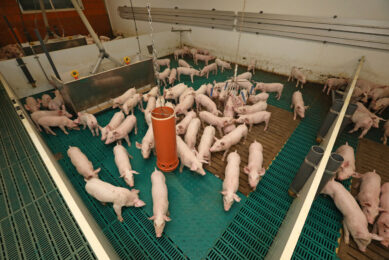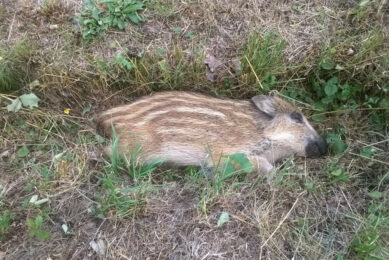M. hyo can infect piglets very early in life
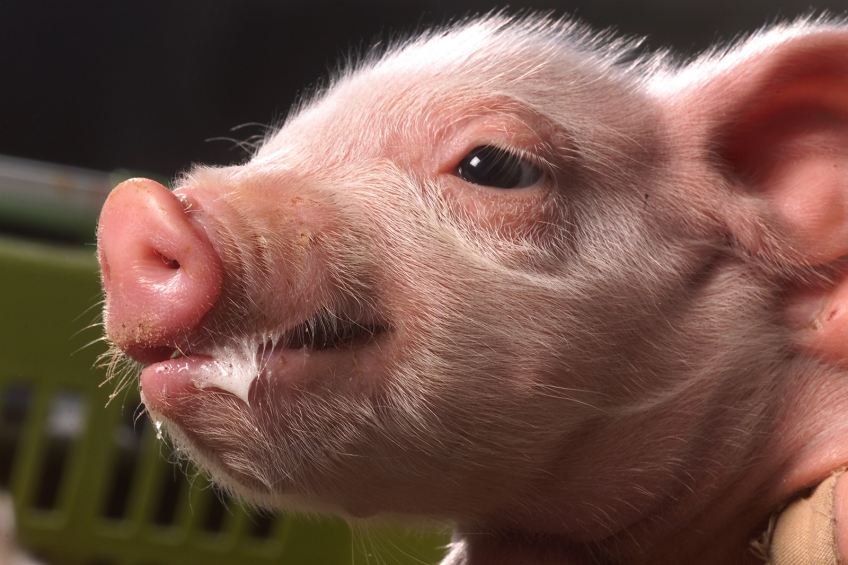
Under Belgian and Dutch field conditions, piglets may be infected with M. hyo very early in life, with prevalence increasing further during the post-weaning period.
That was concluded by a team of researchers from Belgium, Germany and France, published in a recent issue of The Veterinary Journal.
M. hyo is an important pathogen
The researchers write that the bacteria Mycoplasma hyopneumoniae (M. hyo) is an important pathogen in modern intensive pig farming in Europe. The objectives of the study were:
- to use the tracheobronchial swab (TBS) technique to obtain data on the distribution of M. hyo infections in recently weaned pigs in Belgium and the Netherlands; and
- to look for associations between infection prevalence and specific climatic conditions.
Random selection of piglets
The scientists write: “In total, 176 pig herds were randomly selected and 30 piglets sampled on each farm: 18 pigs at 3-5 weeks of age and 12 pigs at 6-11 weeks. Mucus collected from the tracheobronchial bifurcation and suspended in saline was subjected to PCR analysis for M. hyo.”
They continue, “In 27% of herds, 44 in total, at least one piglet tested positive for M. hyo at 3-5 weeks of age, and 29% (or 47) at 6-11 weeks of age. The individual animal prevalence at the two ages was 7.1% and 10.9%, respectively.”
Probability of 3-5 week old piglets being positive for M. hyo
The researchers write: “The probability of 3-5 week old piglets being M. hyo-positive was negatively associated with the precipitation rate (odds ratio = 0.971) during the week preceding the sampling. In the older post-weaning group, the odds of being M. hyo-positive at piglet level were significantly affected by season (OR of detection during autumn compared to summer 20.9).”
Thus, the researchers concluded, under Belgian and Dutch field conditions, piglets may be infected with M. hyo very early in life, with prevalence increasing further during the post-weaning period.
The research was carried out by F.A.C.J. Vangroenweghe and G.G. Labarque, Elanco Animal Health; S. Piepers and D. Maes, Faculty of Veterinary Medicine, Ghent University, Belgium; and K. Strutzberg-Minder, IVD, Hanover, Germany.



